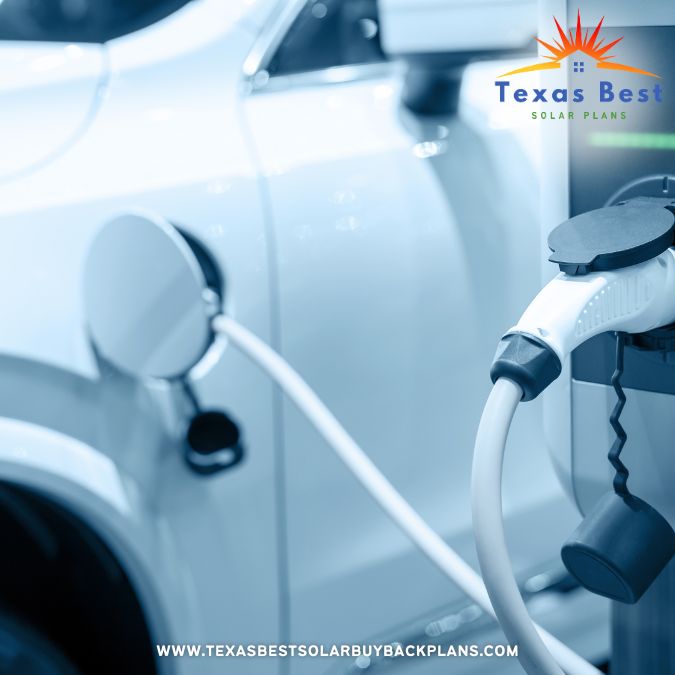
High EV Charging Prices at Public Stations: What Texas EV Drivers Need to Know
With electric vehicles (EVs) charging across the country, Texans are finding out that public charging prices aren’t always as low as they’d hoped. From costly fast chargers to unexpected fees, navigating public EV charging costs can be tricky. So, is public charging still cheaper than gas? Let’s dive into the real costs, what’s driving those prices up, and how we can make EV charging more affordable for everyone.
The Real Cost of Charging an EV: Cheaper Than Gas?
The cost of EV charging varies widely depending on where you plug in. Charging at home typically costs between $0.04 and $0.07 per mile, making it cheaper than gas for most people. But public chargers? They’re a whole different story. Public Level 3 (DC fast) chargers, which can power up your EV in under an hour, can run from $0.30 to $0.60 per kWh or more, depending on the location and provider.
To put this into perspective, if you’re driving a Tesla Model 3 with a 75 kWh battery, charging at $0.50 per kWh would cost around $37.50 for a full charge, giving you around 263 miles of range. That’s about $0.14 per mile—not far off from gas prices, especially as gas prices fluctuate.
Comparing Costs: Gas vs. EV Charging
| Type of Vehicle | Cost per Mile (Home Charging) | Cost per Mile (Public Charging) | Average Gas Cost per Mile |
|---|---|---|---|
| EV (Home) | $0.04 – $0.07 | $0.15 – $0.30 | $0.10 – $0.20 |
| EV (Public Fast Charge) | N/A | $0.12 – $0.25 | $0.10 – $0.20 |
At home, EV charging is generally cheaper than gas, but public charging can come close to or even exceed gas prices.
Why Are Public EV Charging Prices So High?
The high costs at public chargers reflect several factors, including:
- Infrastructure Costs: Building and maintaining charging stations is costly, especially fast-charging stations.
- Utility Fees: Public charging stations often incur higher utility costs, especially during peak hours.
- Profit Margins: Charging networks are still building out their systems and often add a markup to help recover costs and fund further expansion.
Breaking Down Public EV Charging Station Prices
Public charging stations come in three main types:
- Level 1: Slowest and cheapest, but rarely seen in public spaces.
- Level 2: Medium speed, costing around $0.20-$0.30 per kWh.
- Level 3 (DC Fast): Quick charge, but pricey at $0.40-$0.60 per kWh.
Barriers to EV Adoption: Costs, Weather, and Infrastructure
For Texans, the barriers to EV adoption go beyond just the upfront vehicle cost. Rural areas lack charging infrastructure, and extreme weather—like our scorching summers—can reduce battery efficiency and increase charging frequency. We’ve also got to consider the effects of hurricanes and power outages, which can disrupt charging infrastructure.
EV Charging Cost Comparison for Popular EVs
| EV Model | Battery Capacity (kWh) | Average Public Charging Cost (Full Charge) | Miles per Charge | Cost per Mile (Public Charge) |
|---|---|---|---|---|
| Tesla Model 3 | 75 | $37.50 | 263 | $0.14 |
| Chevy Bolt EV | 66 | $33.00 | 259 | $0.13 |
| Ford Mustang Mach-E | 88 | $44.00 | 270 | $0.16 |
| Nissan Leaf | 62 | $31.00 | 226 | $0.14 |
| Audi e-Tron | 95 | $47.50 | 222 | $0.21 |
FAQ: EV Charging Costs
- Is it cheaper to charge an EV than gas?
At home, generally yes. Public charging can be close to or even exceed gas costs, especially for fast chargers. - Why are public EV chargers more expensive?
Public chargers have high infrastructure and maintenance costs, plus markup to fund network expansion. - Can I avoid public charging costs?
Installing a home charger and charging overnight is the best way to save money on EV charging.
Personal Experiences and Recommendations
Many EV owners recommend charging at home when possible to avoid high public charging prices. For road trips, planning your route around free or lower-cost chargers can save you money and stress.
Toward Fair and Transparent EV Charging
Achieving fair and transparent pricing in EV charging is crucial as more Texans adopt electric vehicles. Clear and consistent pricing is essential to build trust with EV drivers, and expanding access to affordable charging will help Texas lead in the EV revolution.
Why Choose Texas Best Solar Buy Back Plans?
Navigating the world of EVs and renewable energy can be complex, but Texas Best Solar Buy Back Plans is here to guide you. We provide expert advice and transparent pricing on solar buyback plans and renewable energy options. Give us a call or click here to learn how we can help you save with Texas Solar BuyBack Plans, Texas Best Solar solutions, and more.
Resources:
- U.S. Department of Energy – Alternative Fuels Data Center
- Electric Power Research Institute – The Cost of EV Ownership
- International Council on Clean Transportation – Charging Infrastructure and Electric Vehicle Costs

